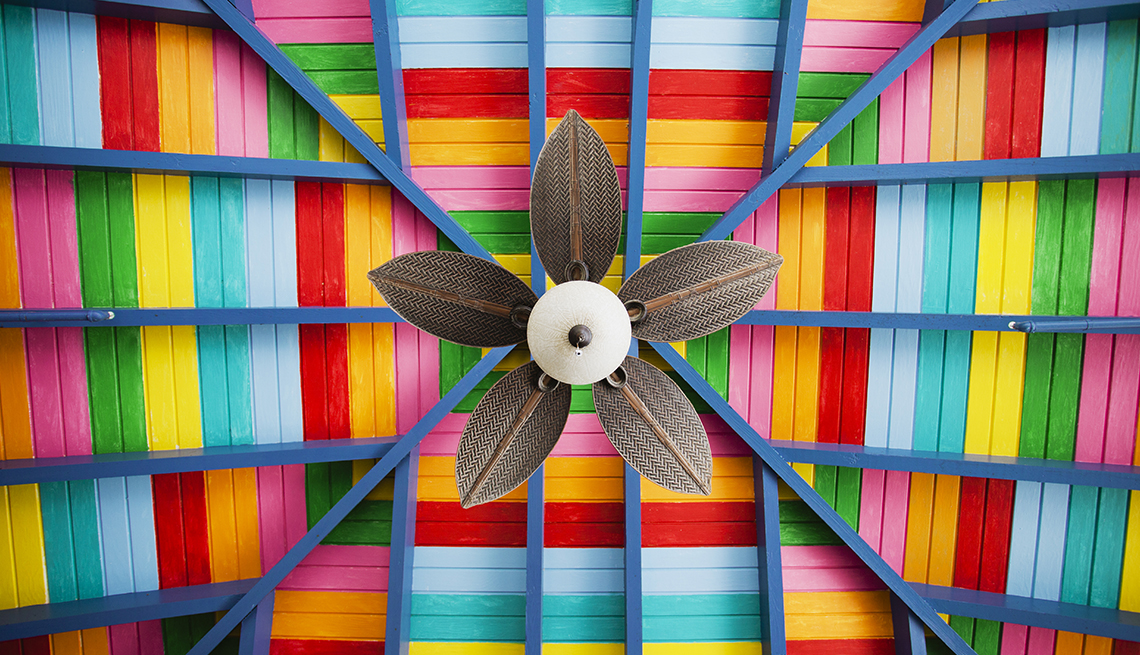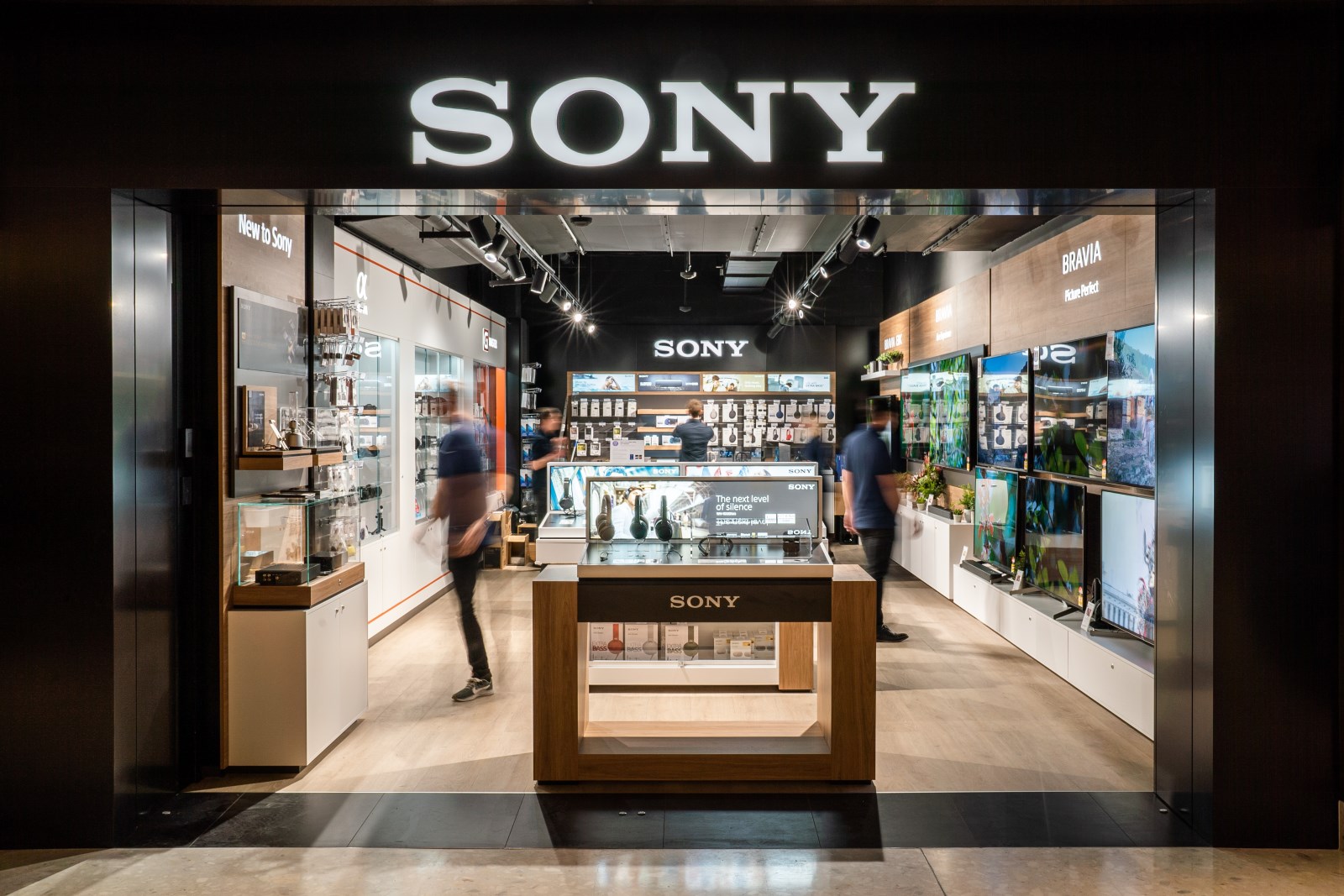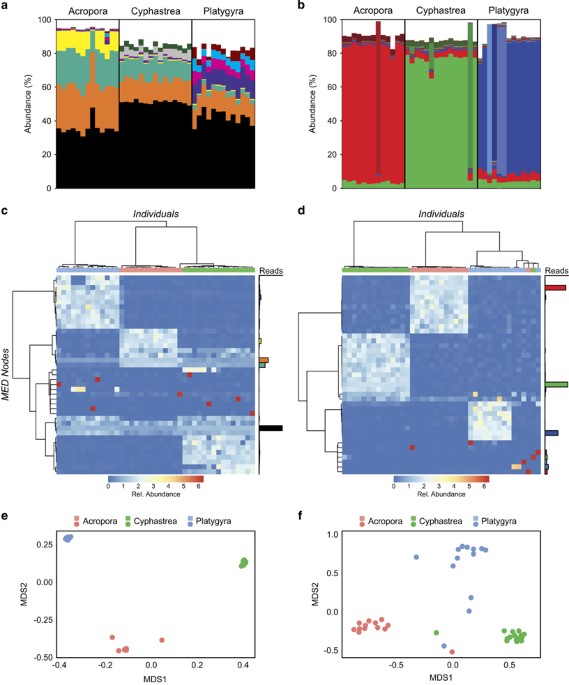
- Select a language for the TTS:
- UK English Female
- UK English Male
- US English Female
- US English Male
- Australian Female
- Australian Male
- Language selected: (auto detect) - EN
Play all audios:
4. IF YOU HAVE A CEILING FAN, USE IT The Energy Department says that if you use air conditioning, a ceiling fan will let you raise the thermostat about four degrees (at least in those rooms
that have one) in the summer. Fans that carry the Energy Star label move air 20 percent more efficiently than those that don't. In the summer, you should set ceiling fans to go
counter-clockwise to blow air downward, according to Home Depot. 5. UPGRADE YOUR APPLIANCES Sure, that old refrigerator has been running since 1953. But it’s probably sucking up a lot of
juice while it’s cooling your beer. New appliances with the Energy Star designation are more efficient than average appliances. Energy Star televisions, for example, use 3 watts or less when
they are turned off, which is about 50 percent less than average. The Environmental Protection Agency keeps a list of the most energy-efficient appliances. 6. LOWER THE TEMPERATURE ON YOUR
WATER HEATER Hot water is a wonderful thing, but it accounts for about 18 percent of energy use. You shouldn't heat water to more than 120 degrees to prevent scalding. If your setting
is higher, turn it down. And you probably don't want a steaming hot shower in July, anyway. 7. USE LED LIGHTS Bulbs that use light-emitting diodes (LEDs) use 75 percent less energy
than comparable incandescent bulbs. They last up to 25 times longer, too. You can find them in a wide array of sizes, brightnesses and colors. And, while they are a bit more expensive than
incandescent bulbs, their price has been falling as more people use them. 8. GET OUT OF THE HOUSE Specifically, get outside and use the grill. An indoor stove can raise your temperature as
much as 10 degrees. Just don't leave the door open while you're grilling. You don't want to air-condition the whole neighborhood. 9. ASK FOR DISCOUNTS Your electric company
may offer discounts for those with low income or disabilities. It may also offer incentives to reduce your energy usage on summer days when energy demand is highest, typically between noon
and 8 p.m. Florida Power & Light, for example, offers a Time of Use Rate, which charges more during peak hours and less during off-peak hours, which encourages customers to use more
power in off-peak hours and less during peak hours. 10. USE YOUR MAJOR APPLIANCES WISELY Run full loads of laundry and use cold water when you can. Run your dishwasher only when it's
full, and use air dry, rather than heated dry. If you have an electric oven (and you can't grill), use the microwave instead. And clean the lint trap on your dryer: You’ll save money
and your dryer will last longer. 11. CAST A SHADOW ON YOUR HOUSE There’s a reason it’s cooler in the shade. Plant trees and shrubs on the south and west sides of your house — or near your
outside air conditioning unit — and you can make your cooling systems 10 percent more efficient, according to Northeast Energy Efficiency Partnerships.








